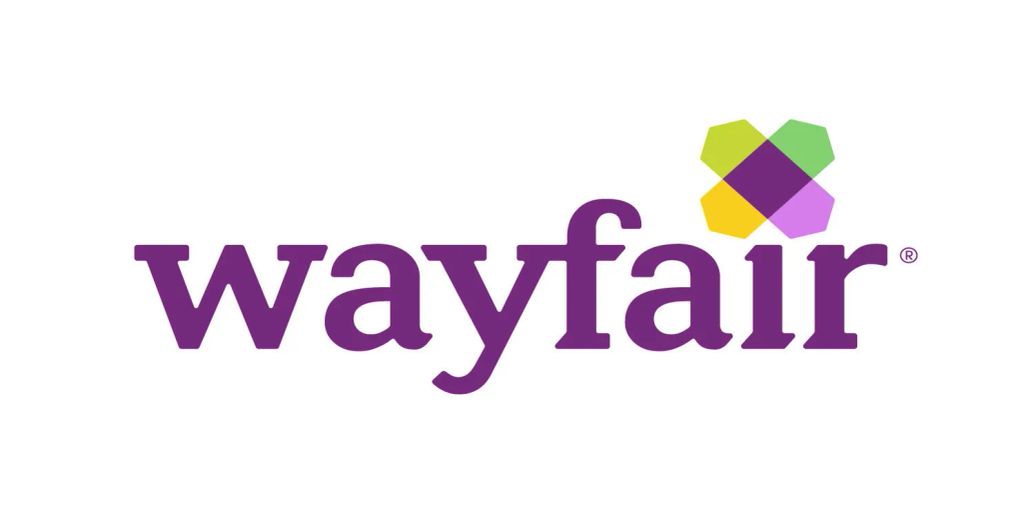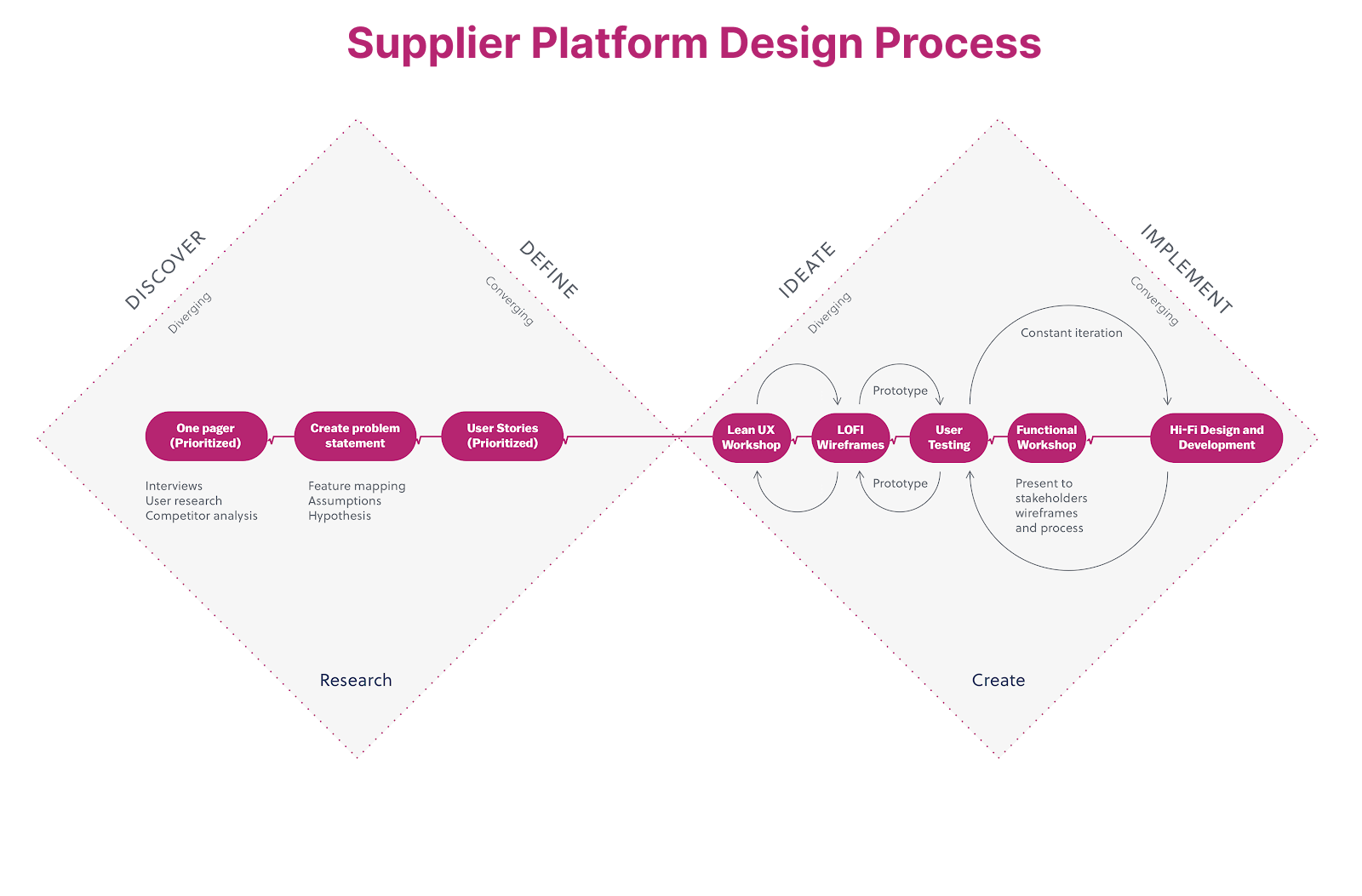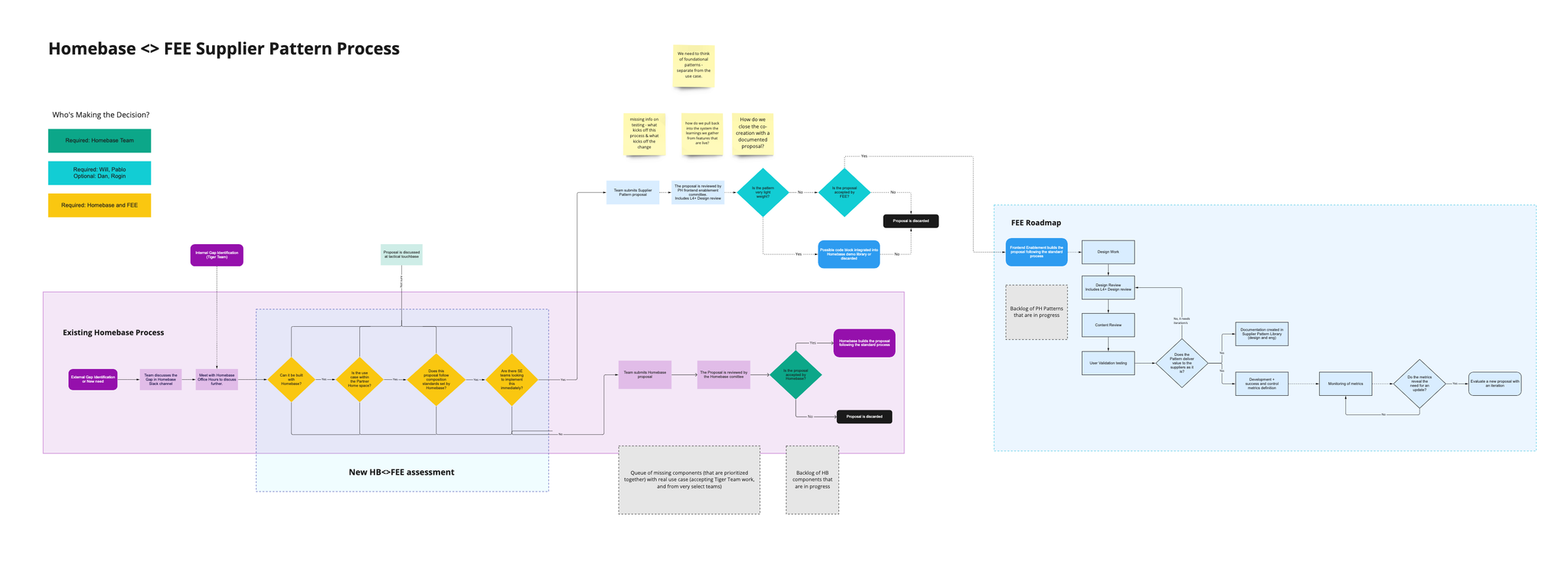
Design Systems • Enterprise UX
Wayfair Partner Home Platform
Year
2020-2022
Client
Wayfair
Role
Design Lead
Duration
18 months
Overview
Led the transformation of wayfair's Partner Home platform, driving consistency in UI/UX across partner experiences. Our team was accountable for the end-to-end partner experience, building a world-class, easy-to-use platform that puts partners in control of their Wayfair business. The project focused on standardizing UI patterns and accelerating development through reusable components.
Challenge
Due to Wayfair's rapid business expansion, multiple teams working in silos had created inconsistent user experiences across the Partner Home platform. This fragmentation led to discrepancies between approved mockups and implementation, accessibility concerns, and inefficient development processes.
Goals
Our team is accountable for the end-to-end partner experience across Partner Home. Our main goal is to build a world-class, easy-to-use platform that puts partners in control of their Wayfair business.
Supplier Patterns
Partner Patterns are reusable UI components, templates, or guidelines for Partner Home (Wayfair Design System) that facilitate the rapid development of new features while maintaining a cohesive User Experience in the platform. Partner Patterns are built using and combining Homebase with common configurations, compositions, and backend integrations specific to Partner Home. Compared to Homebase, which comprises globally reusable patterns, Partner Patterns are exclusively reusable for Partner Home.
Process

Research & Discovery
Implemented Design Thinking methodology, conducting stakeholder interviews with designers, product managers, engineers, data analysts, and content strategists. Created detailed personas and empathy maps to deeply understand user needs and pain points.

Partner Patterns Development
Created reusable UI components and templates specific to Partner Home, building upon Homebase (Wayfair's global design system) with common configurations and backend integrations. Developed comprehensive pattern guidelines for composite tables, filtering, and data management.

Design-Engineering Collaboration
Established a robust design-engineering process flow: Task → Design → Engineering → Done → Design QA → Done. Implemented clear handoff procedures and quality checks to ensure design fidelity and accessibility compliance.
Metrics & Impact
85%
Pattern adoption rate
40%
Faster development time
95%
Accessibility compliance
60%
Reduced design debt
30%
Increase in partner satisfaction
50%
Reduction in support tickets
Results
Established metrics framework covering adoption, reliability, fit for purpose, and ease of use
Significant reduction in development time through pattern reuse
Improved consistency across partner experiences
Enhanced accessibility compliance across components
Streamlined design-to-development workflow
Created scalable foundation for future platform growth

Next Project